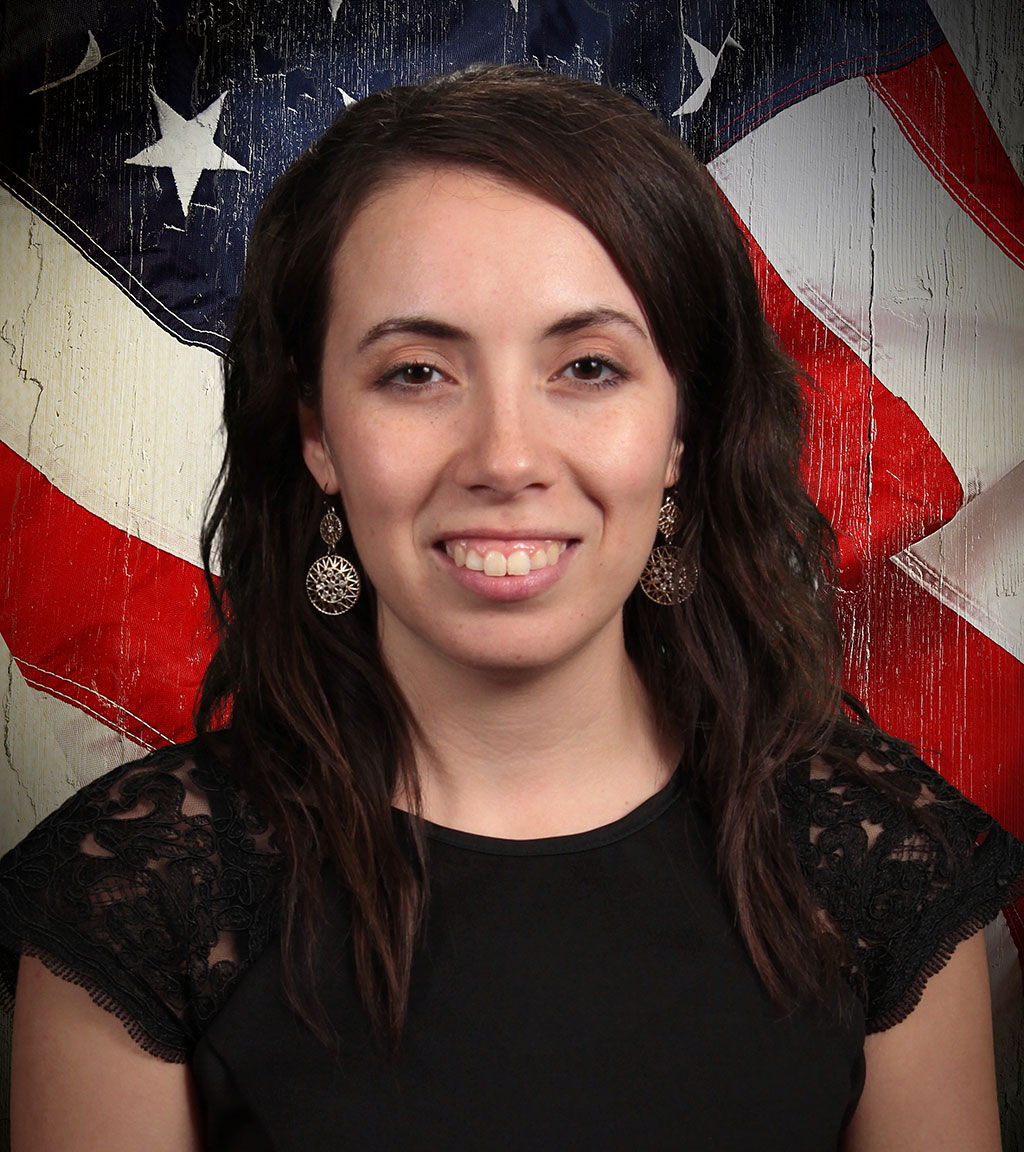School of Education alumna Mariah Pol was a continent away when she found out she had been chosen as the 2019 Indiana History Teacher of the Year. Pol is in her fifth year teaching seventh and eighth-grade Social Studies at Barker Middle School in Michigan City, Indiana. Pol has incorporated her international work into her classroom lessons and calls teaching one of the most rewarding professions.
What was your reaction when you found out you had won the Indiana History Teacher of the Year?
I found out that I won while I was on my recent teacher fellowship in Morocco. I had been checking my email every chance I could while I was out there. When I saw the email come through, I thought, "Well, get ready for the rejection email, Mariah. At least you tried." However, then I read that it said "Congratulations!" I freaked out. I was with another teacher when I found out and they were so excited for me as well. I immediately called my family and school principal who had nominated me. It was amazing to see the Indiana Department of Education give me a shout-out as well. I never expected to be nominated or actually win with only five years of experience as a teacher. I'm humbled especially knowing there are other amazing teachers out there with more years of experience. I'm glad that all of these teacher fellowships that I have pursued have continued to spiral and grow for me as a young educator and I look forward to what the future brings.
Why did you decide to become a teacher?
Growing up, I always greatly admired my teachers. I thought they were incredibly inspirational, with all the knowledge that they possessed. Teachers were also always an example to me of success looked like. Being a first generation college student and Latina, they always were a great example for me to achieve. I also admired how teachers gave so much of themselves to help others. I could never have achieved all that I had, without teachers throughout my life, working hard for their students. One of the most influential teachers in my life was my piano teacher, Ms. Lee Marsh. She passed away after my first year teaching. Throughout my whole life, from when I was 5 years old until I was 18, she taught me piano lessons for free because she saw potential in me and knew my mom couldn't afford the lessons. She opened up a world of opportunity for me. I later became heavily involved in music and I wouldn't have succeeded if she didn't teach me the foundations of music through the piano. I also learned life skills such as dedication, hard work, patience, teamwork, time management, etc. All of these skills, I learned at such a young age. I believe these skills have helped me to become successful in any endeavor I have achieved throughout my life. Although I do not teach music now, she taught me so much and I will forever be grateful to her. I hope that I can be that type of teacher or person for a student and pay it forward.
Why choose to teach history?
When I first started college at IU, I originally chose to major in Secondary Social Studies Education because history was my favorite subject in school. However, as I continued in that major, my reasons for teaching history changed. My sophomore year, through the Hudson and Holland Scholars program, I had the opportunity to study abroad to Ghana and England for a month in the summer. This trip truly changed my motive for teaching history. On this trip, I discovered the multiple perspectives to the Transatlantic Slave Trade and its implications today. I never had been exposed to such perspectives in world history before. As I continued my time at IU, I continued to investigate more lenses in world history, including becoming involved in the Latino Studies Program. I became involved in the solidarity group Cubamistad, gaining the opportunity to travel to Cuba twice to witness different narratives regarding the Cuban government. I also did a huge research project on depictions of Puerto Ricans in U.S. textbooks from the past to present. I also did an additional student teaching placement abroad in Ireland through the Global Gateway for Teachers program. At IU, I realized that history isn't just names, dates and places on the map. All of this encouraged me to make sure my future students were exposed to all these perspectives in history and have empathy towards them to encourage creating a more peaceful tomorrow.


